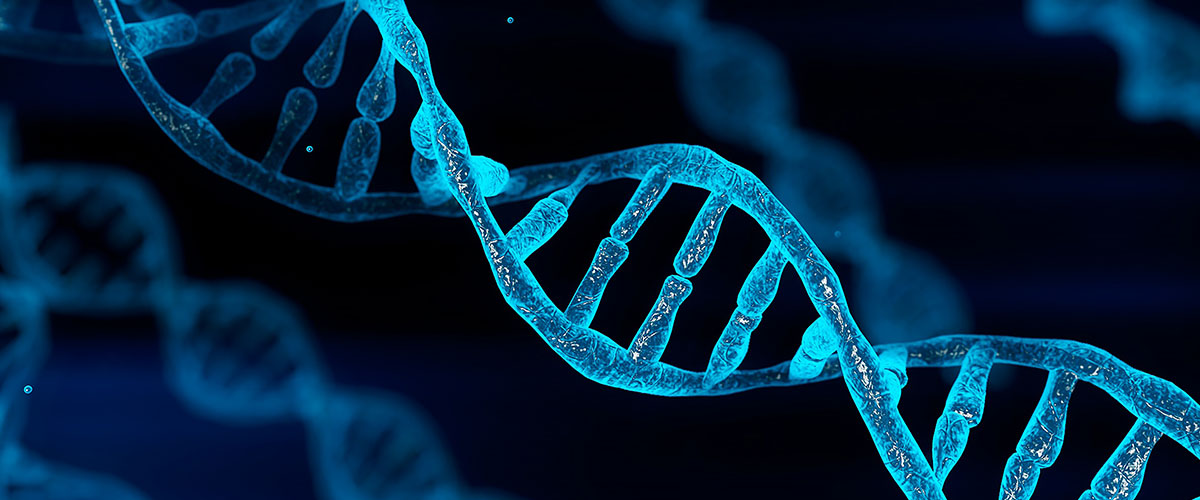)
Immuno-Oncology and Adenocarcinoma of the Lung In NEver Smokers (IO-ALINES)
Project Duration: 2019-Present
MOHCCN Consortium: Princess Margaret Cancer Consortium
Investigators: Drs. Geoffrey Liu, Ming-Sound Tsao and Adrian Sacher
Partners:
- Princess Margaret Cancer Centre
Aim/goals:
IO-ALINES is an extensively clinically-annotated cohort of 268 patients that fall into two categories: lung cancer patients treated with Immun-Oncology (IO) drugs (n=65) and/or Adenocarcinomas of the Lung In NEver Smokers (n=252); 47 patients overlap both categories. For fully clinically-annotated, lifetime never smokers or IO-treated patients who have resected or large biopsy lung adenocarcinomas with available fresh-frozen tissue and FFPE tissue, IO-ALINES aims to:
- Characterize the genomic and transcriptomic alterations;
- Determine whether RNA-based transcriptomic changes can identify critical biological pathways in the tumors lacking known functional genomic mutations, or are associated with specific molecular alterations, using bioinformatic and biostatistical methods (with bioinformatic co-investigator, Dr. Haibe-Kains);
- Determine the true rates and types of co-mutations and their associated clinical impact, if any, on prognosis and response to therapy; and to determine the impact of mutations with transcriptomically- based pathway derangements (with Dr. Haibe-Kains, and clinical co-investigator, Dr. Leighl);
- Determine the association between molecular alterations and pathway derangements (identifiable through WGS and RNA-Seq) with other biomarkers such as PDL1 and tumor mutational burden (both of which are associated with immunotherapy response or lack of response). Additionally, to evaluate the impact of such marker profiles with response to systemic therapies including immunotherapy (with immunotherapy co-investigator, Dr. Sacher).
Summary:
At Princess Margaret, almost 30% of lung cancer patients are lifetime never smokers; in less ethnically- diverse places across Canada, approximately 18% are lifetime never-smokers. Lung cancer in never smokers have distinct molecular characteristics: oncogene drivers are often found; there are lower tumor mutation burden; and there are more C:G T:A transversions. However, ~25% of never smokers with lung cancer carry no known driver alterations. Overall, whole exome or genome sequenced data in never smokers is lacking, as most have been sequenced using targeted panels.
Several small, n<100 datasets, mostly from Asia have recently been published, but without significant outcome data. A proportion of never smoking lung cancers will be PDL1-positive, yet IO drugs often do not work in this population. Evaluating both IO-treated patients and never smoking patients with lung cancer are therefore key priorities to identifying genomic and transcriptomic signatures that can guide clinical management in lung cancer with potential implications across other tumor sites.
IO-ALINES MOHCCN study builds on existing resources including from our US NCI’s SHERLOCK study of genetic and environmental factors in lung cancer never smokers, which is an international genomic epidemiologic focused on 500 patients with environmental exposures (radon, asbestos, etc.) and 2000 from the general population. IO-ALINES’s research goals are complementary to SHERLOCK, as IO-ALINES focuses more on the combined effect of genomic and transcriptomic impact on patient outcomes and other biologically-based and clinically-based markers, rather than the impact of germline and environmental factors on lung cancer development. IO-ALINES is a high quality, data-rich cohort with manually abstracted clinical data to date, and also utilizes tools to automatically pull electronic data from lung cancer patients into a data lake (UHN PM Data Science), these resources are supported from multiple industry and philanthropic sources. PM Genetics and Epigenetics Programs are funding cfMeDIPSeq and circulating RNA on a subset of these samples. SHERLOCK is also providing in-kind funding for WGS, RNA-Seq and whole methylome analyses for 93 of 268 (35%) samples.
